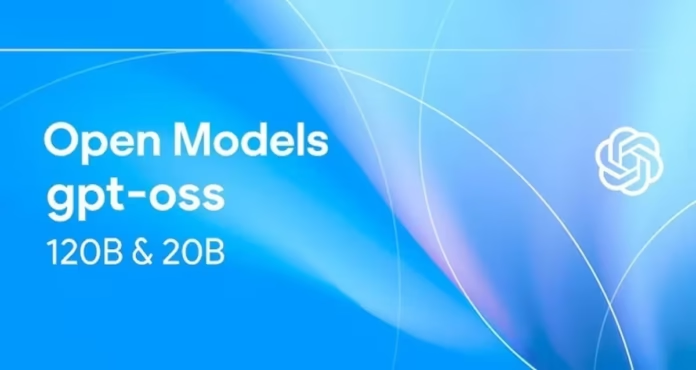Introducing GPT OSS 120B: Features, Reviews, Price, and Launch Timeline
If you’re into AI tools or just curious about the next big thing in technology, OpenAI’s GPT OSS 120B is worth your attention. It’s OpenAI’s latest open-weight model—designed to be transparent, flexible, and powerful. Whether you’re a developer, a startup or someone just exploring what AI can do, this model opens the door to new possibilities.
Key Features and New Technology
At the heart of GPT OSS 120B is its architecture – built with 120 billion parameters. That’s a massive leap in processing power, especially considering it’s open to the public. It’s designed to handle a wide range of tasks: natural language generation, reasoning, summarization, code writing and more.
What makes this model different from the usual AI tools is its commitment to openness. Developers can fine-tune it, inspect how it works and build on it. The model is already available on platforms like Azure AI Studio, making it easy to plug into existing workflows.
Design and Flexibility
While GPT OSS 120B doesn’t have a physical design, the model’s integration and usability have seen a big improvement. Think of it like a digital platform that’s been streamlined for both cloud-based and local environments. It’s designed to support easy deployment, faster output generation, and scalable training environments – without being locked into proprietary systems.
Expected Price and Availability
Here’s the good part: since GPT OSS 120B is open-weight, the model itself is free to use. That said, running it – especially at scale – can involve cloud costs depending on the platform. If you’re using Azure or other AI services, you’ll need to consider compute time and storage as part of your budget.
That gives developers flexibility. You can experiment locally or deploy at scale, depending on your needs and budget. It’s one of the most accessible models in this parameter range to date.
Public Reviews and Early Impressions
Early reviews have been largely positive. AI researchers and tech bloggers are calling it a step forward for open AI development. It’s being praised for its balanced mix of transparency and performance. Users testing it across use-cases – like content generation, code support and chat applications—are noting that it holds up well against even the top proprietary models.
There’s a growing excitement around its use in academic research and startups, especially where privacy, custom training and transparency are important.
What Makes It Different?
The most notable difference? GPT OSS 120B is not a closed box. Unlike many large language models, OpenAI has made this one open-weight. That means more people can explore how it works, test it for bias, improve its safety, and adapt it to unique environments.
It also offers performance that rivals many commercial offerings, but with more flexibility and fewer usage restrictions. For many developers, that’s a game-changer.
Launch Timeline and Future Availability
The GPT OSS 120B model is already live and available for integration. Developers can start using it right now through Azure or other compatible AI platforms. As interest grows, we can expect further updates, documentation, and ecosystem support to follow in the coming months.
So, whether you’re experimenting with generative AI, building AI-driven apps or just keeping an eye on tech trends, GPT OSS 120B is definitely one to watch.
Disclaimer:
This article is intended for general informational purposes only. It does not represent official announcements or statements from OpenAI.

